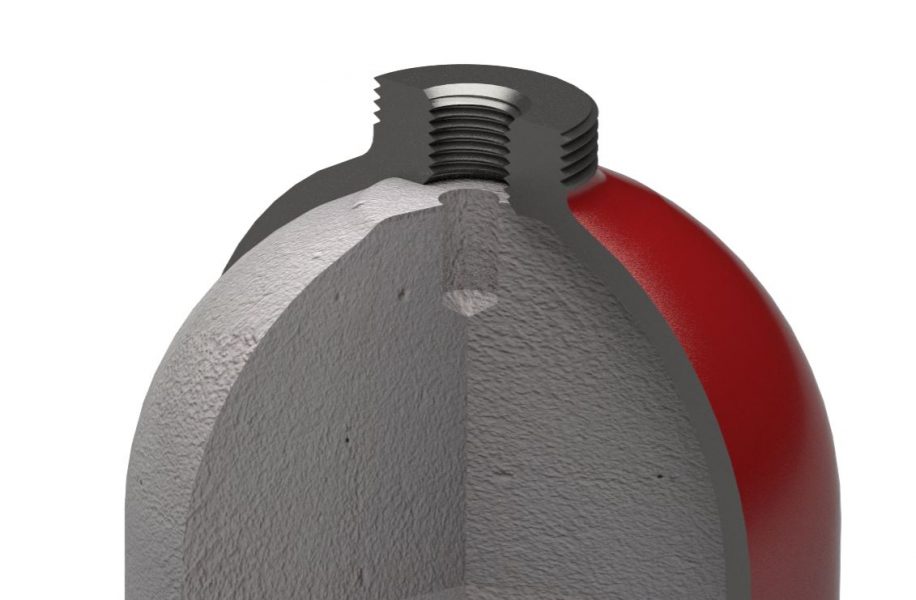Acetylene is a colorless, flammable gas that is widely used as a fuel and a chemical building block in various industrial processes. It is a hydrocarbon with the chemical formula C2H2 and is produced by the reaction between calcium carbide and water. Acetylene is a highly versatile gas that is used in welding, cutting, and brazing applications due to its high flame temperature and ability to create a concentrated heat source.

Acetylene is highly flammable, and can pose significant safety risks if not handled properly. One of the main hazards associated with acetylene is its high flammability, which can lead to fires or explosions if ignited in the presence of air or oxygen. Additionally, acetylene can react violently with certain metals, such as copper and silver, and can form unstable compounds that can spontaneously detonate. To minimize these risks, acetylene is typically stored in special cylinders designed to safely contain the gas at high pressures without the risk of explosion. These cylinders are made from materials that can withstand the high pressures and are filled with a porous material that can hold the gas safely without the risk of decomposition.
The safe pressure for storing acetylene gas depends on various factors, such as the temperature, cylinder size, and cylinder design. Generally, acetylene cylinders are filled with the gas at a pressure of around 250 psi (pounds per square inch) at room temperature. The safe pressure range for acetylene cylinders is typically between 250 and 300 psi.
However, acetylene gas can become unstable and decompose explosively at pressures above 15 psi in the absence of an appropriate solvent or porous material to stabilize it. This is why acetylene cylinders are designed to include a porous material, such as diatomaceous earth, that can absorb and stabilize the gas at high pressure. In addition, acetylene cylinders are never filled to 100% capacity to allow space for the gas to expand without causing a dangerous pressure buildup.
It is important to note that handling acetylene requires proper training and precautions, as any mishandling can result in significant safety risks.
References
“Acetylene – an Overview | ScienceDirect Topics.” Www.sciencedirect.com, www.sciencedirect.com/topics/chemistry/acetylene#:~:text=Acetylene%20reacts%20with%20active%20metals. Accessed 2 Mar. 2023.
